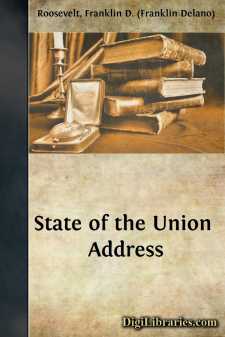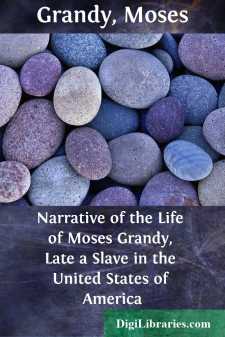Categories
- Antiques & Collectibles 13
- Architecture 36
- Art 48
- Bibles 22
- Biography & Autobiography 815
- Body, Mind & Spirit 144
- Business & Economics 28
- Children's Books 18
- Children's Fiction 14
- Computers 4
- Cooking 94
- Crafts & Hobbies 4
- Drama 346
- Education 58
- Family & Relationships 59
- Fiction 11835
- Games 19
- Gardening 17
- Health & Fitness 34
- History 1378
- House & Home 1
- Humor 147
- Juvenile Fiction 1873
- Juvenile Nonfiction 202
- Language Arts & Disciplines 89
- Law 16
- Literary Collections 686
- Literary Criticism 179
- Mathematics 13
- Medical 41
- Music 40
- Nature 180
- Non-Classifiable 1768
- Performing Arts 7
- Periodicals 1453
- Philosophy 65
- Photography 2
- Poetry 896
- Political Science 203
- Psychology 44
- Reference 154
- Religion 515
- Science 126
- Self-Help 85
- Social Science 83
- Sports & Recreation 34
- Study Aids 3
- Technology & Engineering 59
- Transportation 23
- Travel 463
- True Crime 29
Our website is made possible by displaying online advertisements to our visitors.
Please consider supporting us by disabling your ad blocker.
A Popular History of France from the Earliest Times, Volume 4
by: Robert Black
Description:
Excerpt
CHAPTER XXVIII.
FRANCIS I. AND CHARLES V.
The closer the study and the wider the contemplation a Frenchman bestows upon his country's history, the deeper will be his feelings of patriotic pride, dashed with a tinge of sadness. France, in respect of her national unity, is the most ancient amongst the states of Christian Europe. During her long existence she has passed through very different regimens, the chaos of barbarism, the feudal system, absolute monarchy, constitutional monarchy, and republicanism. Under all these regimens she has had no lack of greatness and glory, material power and intellectual lustre, moral virtues and the charms of social life. Her barbarism had its Charlemagne; her feudal system St. Louis, Joan of Arc, and Bayard; her absolute monarchy Henry IV. and Louis XIV. Of our own times we say nothing. France has shone in war and in peace, through the sword and through the intellect: she has by turns conquered and beguiled, enlightened and troubled Europe; she has always offered to the foreigner a spectacle or an abode full of the curious and the attractive, of noble pleasures and of mundane amusements. And still, after so many centuries of such a grand and brilliant career, France has not yet attained the end to which she ever aspired, to which all civilized communities aspire, and that is, order in the midst of movement, security and liberty united and lasting. She has had shortcomings which have prevented her from reaping the full advantage of her merits; she has committed faults which have involved her in reverses. Two things, essential to political prosperity amongst communities of men, have hitherto been to seek in her; predominance of public spirit over the spirit of caste or of profession, and moderation and fixity in respect of national ambition both at home and abroad. France has been a victim to the personal passions of her chiefs and to her own reckless changeability.
We are entering upon the history of a period and a reign during which this intermixture of merits and demerits, of virtues and vices, of progress and backsliding, was powerfully and attractively exhibited amongst the French. Francis I., his government and his times commence the era of modern France, and bring clearly to view the causes of her greatnesses and her weaknesses.
Francis I. had received from God all the gifts that can adorn a man: he was handsome and tall and strong; his armor, preserved in the Louvre, is that of a man six feet high; his eyes were brilliant and soft, his smile was gracious, his manners were winning. From his very childhood he showed that he had wits, enterprise, skill, and boldness. He was but seven years old when, "on the day of the conversion of St. Paul, January 25, 1501, about two P. M., my king, my lord, my Caesar, and my son, was run away with, near Amboise, by a hackney which had been given him by Marshal de Gye; and so great was the danger that those who were present thought it was all over; howbeit God, the protector of widowed women and the defender of orphans, foreseeing things to come, was pleased not to forsake me, knowing that, if accident had so suddenly deprived me of my love, I should have been too utter a wretch." Such is the account given of this little incident by his mother, Louise of Savoy, who was at that time habitually kept, by Anne of Brittany's jealousy, at a distance from Paris and the court....

















